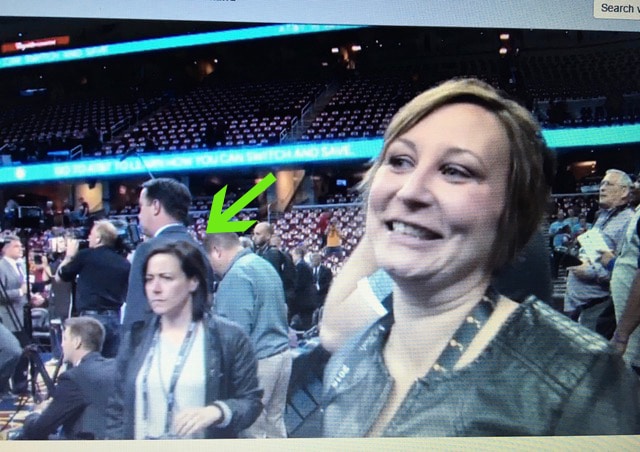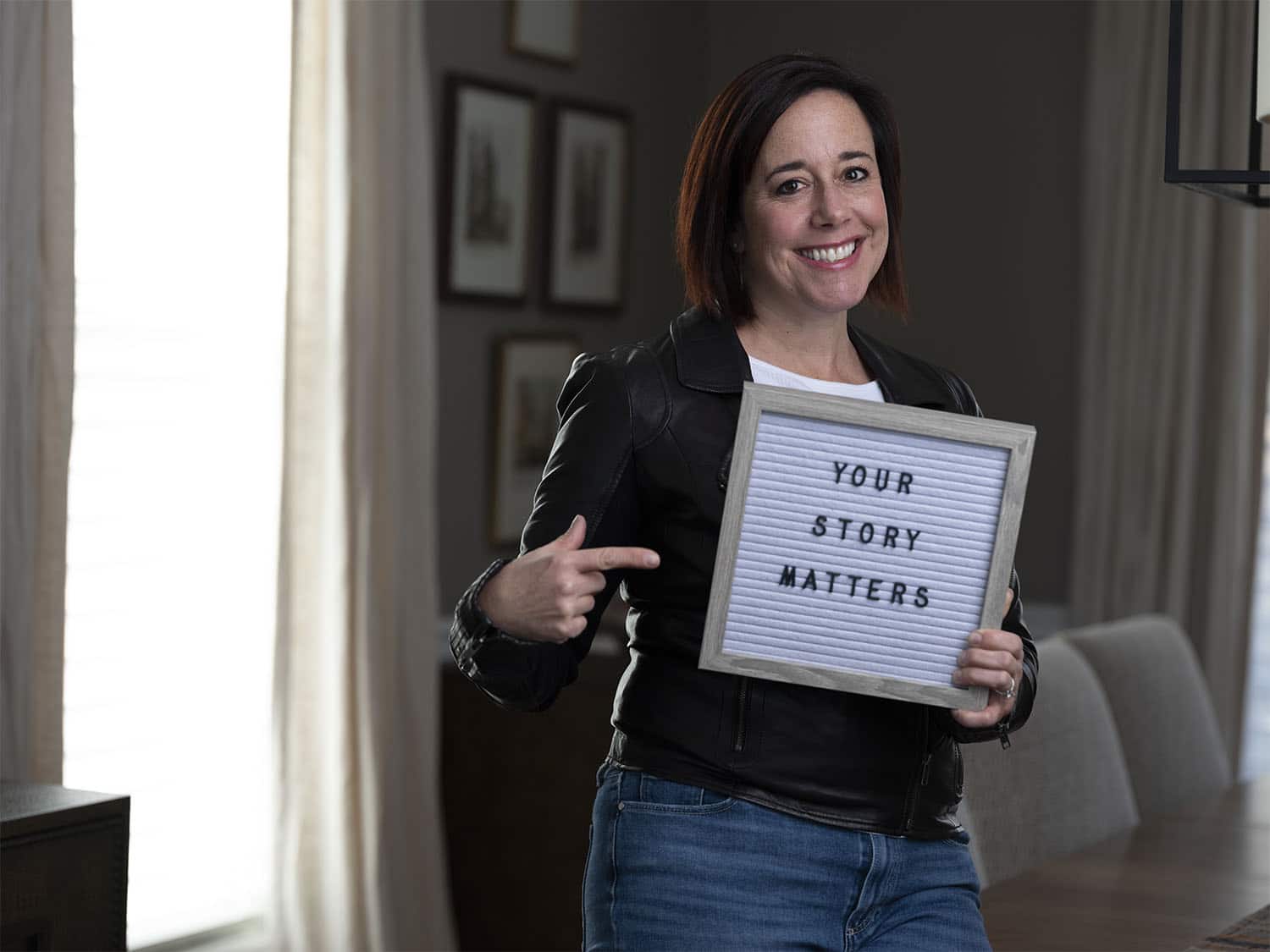It’s Halloween so it seems appropriate to talk about the masks we wear, playing a role in everyone else’s story.
Masks that try to make us seem something we are not. Dressing up our emotions.
Don’t show how you’re feeling. Smile. Nod. Add pleasantries.
Be a good contributor, an appreciative spouse, and a loving mother.

Sometimes our masks accompany full-fledged costumes — the superhero capes we don when we rush in to save the day, delivering the forgotten lunch or musical instrument to school, staying up all night to finish that report for the colleague who dropped the ball.
We tell our bosses we’re team players, lassoing whatever is needed, at any hour of the day.
“No worries!” the mask says. “I’ve got this!”
We “power pose” before difficult conversations, hoping to summon heroic courage when we feel it least. We fake it because we’ve been told that’s how you make it.
We put others first, worry about their happiness, and never demand credit.
We say please, express gratitude.
We say thank you when we get that compliment, the one that feels a little icky because we don’t want to offend.
We say sorry constantly, even when there’s nothing to be sorry for.
We ask for more work, raise our hands to volunteer and find the time somewhere.
We forget about the symbolism of the oxygen mask on the plane. We’re already wearing a mask!
We put ourselves last.
And then we get frustrated with having to be something we’re not and not getting to be who we are.
And the smile becomes a momentary snarl.
And we’re reprimanded for acting out of turn, not understanding our role, not buying into the corporate culture or classroom etiquette or PTA protocol.
Even at rest, we’re accused of having that “bitchy resting face” because, apparently, we’re to model pleasantries at all times.

That Time I Got Caught On Camera With “Frowny Work Face”
So we revert to our corner, put our masks back on, and get back to work. Smiling and nodding. Yes, yes, I’m fine. A deep sigh masked as a breath to regroup.
Showing up as yourself, without the costume and the pretense, means accepting who you are and the emotions that come with the challenges of trying to be everything to everyone else.
What if we were to drop the masks, remove the costumes, and get real, acknowledging we’re all just players in this comedic drama?
What if we admitted we’re all waiting for the applause, for that standing ovation that says we’ve done a good job, played our roles to perfection?
What if we directed our own show, starring ourselves, rather than waiting in the wings?
What if we cast in it only the characters we know are willing to take center stage without their masks too, those who see and accept us for who we are? Those who, in turn, know we see them too.
You’ve been tricked into thinking you need to wear that mask all the time! Set it aside.
Lay down that cape too while you’re at it. What a treat to be untethered, to fly as you want to, not on demand.
It’s your story, your stage.
The only role you need to play is you.

Valerie Gordon is a long-time storyteller, an Emmy-winning TV producer, and the founder of career and communication firm, The Storytelling Strategist. She helps clients find and harness the power in their stories for greater success and satisfaction at work.
